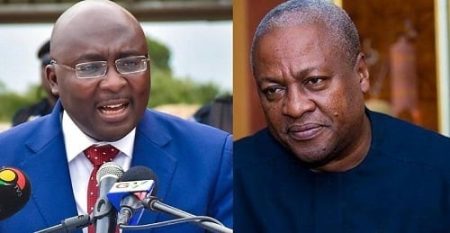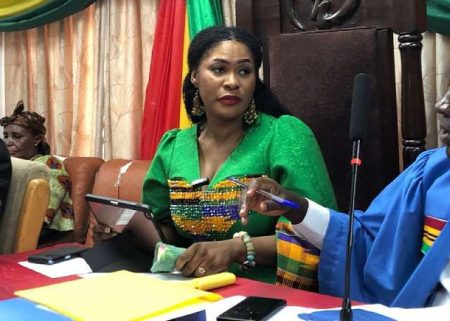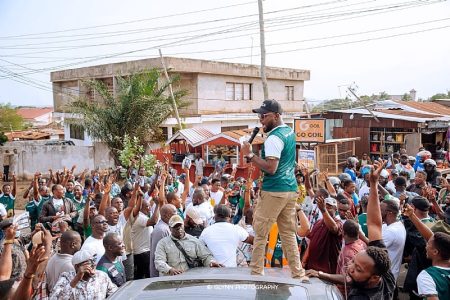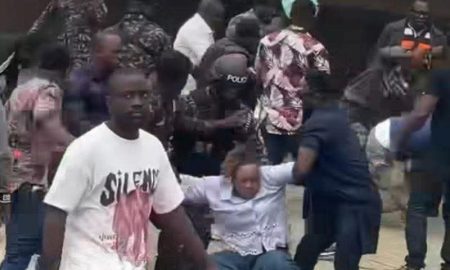Ghana’s abstention from a vote on LGBTQI+ rights at the 59th Session of the Human Rights Council has sparked debate and controversy within the nation, particularly highlighting the tension between international human rights discourse and domestic socio-cultural values. The vote, which centered on whether individuals identifying as LGBTQI+ should be protected from violence and discrimination, saw Ghana abstaining, a decision the Ministry of Foreign Affairs justified as consistent with the nation’s constitution, which prohibits discrimination based on gender, race, color, ethnic origin, religion, creed, or social and economic status. This explanation, however, failed to satisfy some, particularly those with strong reservations about LGBTQI+ rights.
Samuel Nartey George, Member of Parliament for Ningo-Prampram and a prominent voice against LGBTQI+ rights in Ghana, expressed his strong disapproval of the abstention. While acknowledging Ghana’s official recognition of only male and female genders, he argued that abstaining on a vote concerning protection against violence and discrimination towards LGBTQI+ individuals contradicted Ghana’s stated position. This position, he emphasized, should be clear and unambiguous, implying that abstention signaled a level of acceptance incompatible with Ghana’s cultural and legal norms. George’s stance reflects a significant segment of Ghanaian society that views LGBTQI+ identities and practices as contrary to traditional values and religious beliefs.
The controversy surrounding Ghana’s abstention underscores the complex interplay between international human rights principles and national sovereignty. While international bodies like the Human Rights Council advocate for universal human rights standards, including protection against discrimination based on sexual orientation and gender identity, individual nations often navigate these principles within the context of their own cultural and legal frameworks. Ghana’s abstention can be interpreted as an attempt to balance its international obligations with its domestic sensitivities surrounding LGBTQI+ issues. This balancing act, however, leaves room for criticism from both sides of the debate. Those advocating for LGBTQI+ rights see abstention as a failure to uphold fundamental human rights principles, while those opposing LGBTQI+ rights view it as a tacit endorsement of practices they deem unacceptable.
The debate also highlights the challenges of defining and interpreting discrimination. The Ministry of Foreign Affairs framed Ghana’s abstention as an adherence to the constitutional prohibition against discrimination. However, critics argue that abstaining on a vote specifically addressing violence and discrimination against LGBTQI+ individuals effectively condones such acts by failing to explicitly condemn them. This raises questions about whether abstention, in this context, constitutes a form of passive discrimination by denying a vulnerable group the explicit protection they seek. Furthermore, it exposes the limitations of legal frameworks that do not explicitly address sexual orientation and gender identity as protected categories.
The incident further illuminates the growing polarization surrounding LGBTQI+ rights globally. Many nations are grappling with similar tensions between international human rights norms and deeply held cultural and religious beliefs. Ghana’s situation is not unique, but it serves as a microcosm of the broader struggle to reconcile these often conflicting values. The debate also underscores the power of individual voices, like that of Sam George, to shape public discourse and influence national policies. His vocal opposition to the abstention reflects a powerful constituency within Ghana that remains steadfast in its rejection of LGBTQI+ rights.
Moving forward, Ghana’s approach to LGBTQI+ rights will likely continue to be a subject of intense debate both domestically and internationally. Balancing the demands of international human rights frameworks with deeply rooted cultural and religious values remains a complex and delicate task. The controversy surrounding the abstention at HRC59 serves as a stark reminder of the challenges involved in navigating this complex landscape and the need for continued dialogue and engagement to find a path forward that respects both universal human rights and national sovereignty. The incident also underscores the importance of clarity in articulating national positions on these sensitive issues to avoid ambiguity and misinterpretation. Ultimately, the question remains: how can Ghana reconcile its constitutional commitment to equality and non-discrimination with the prevailing social and religious conservatism surrounding LGBTQI+ issues?














